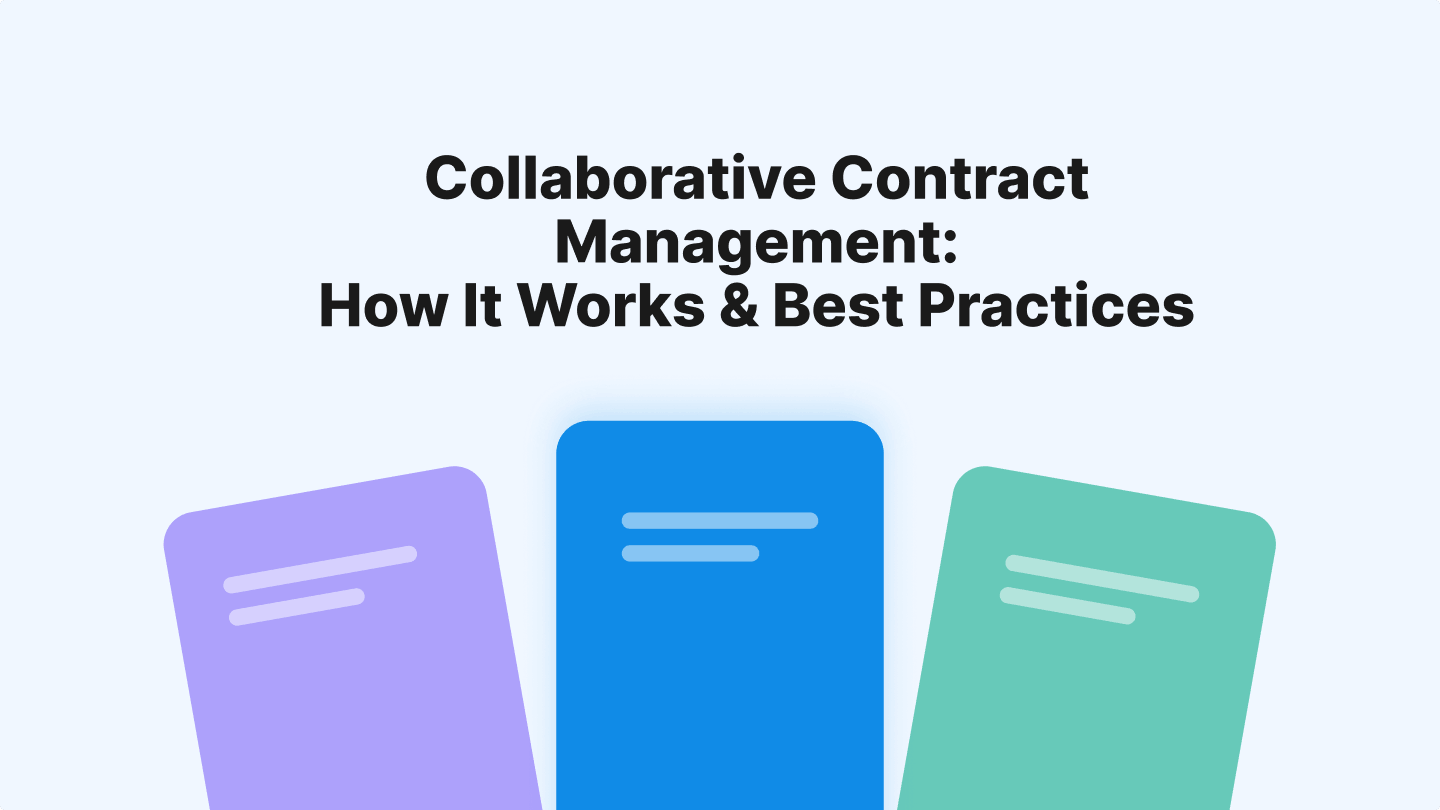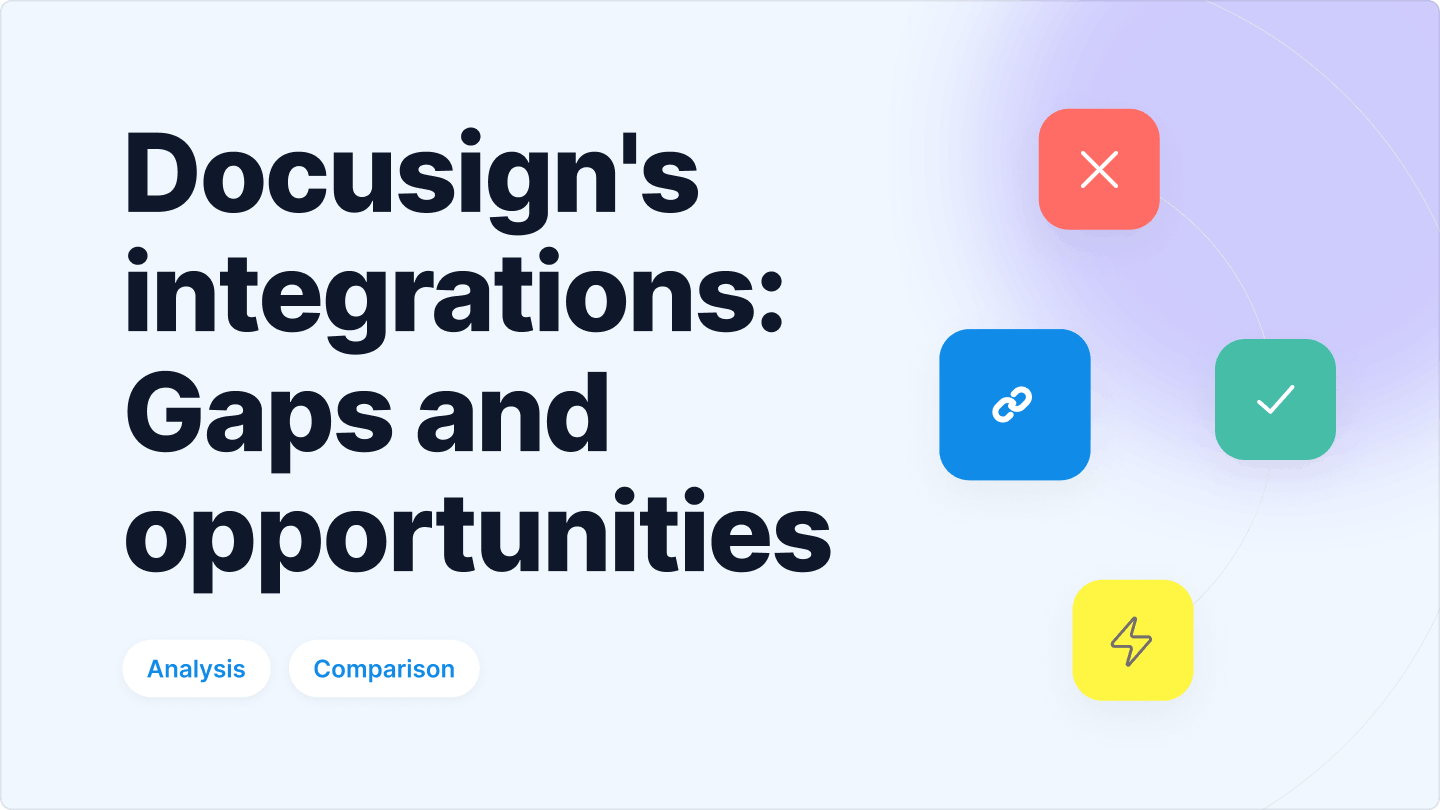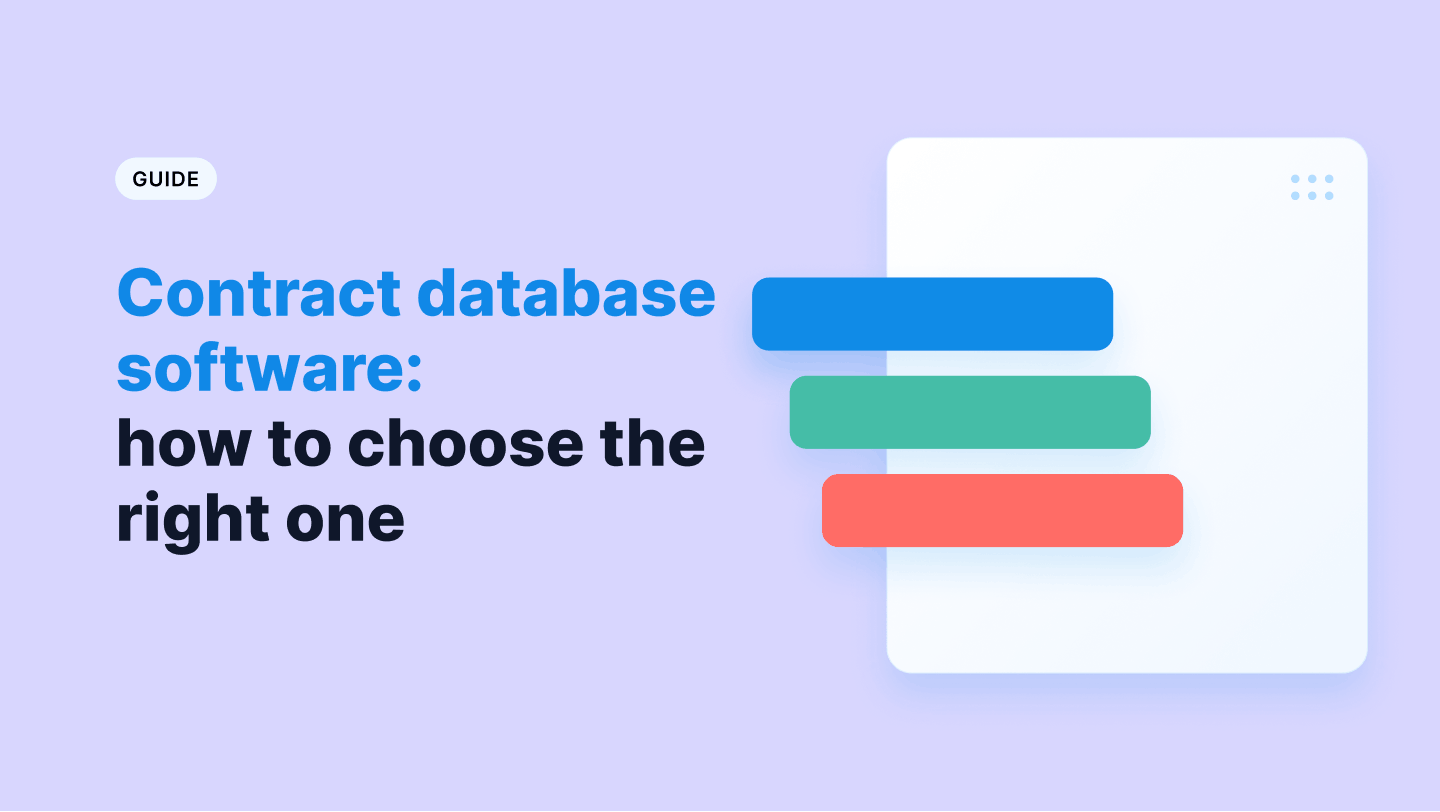Running a successful small business is challenging on a regular day. So what happens when you toss in a global health crisis, never-before-seen hurdles, and a newly dispersed workforce?
We recently hosted a webinar with Erin Andrews (owner, Stratlign), Sandeep Shroff (founder and CEO, myStartupCFO), and Mike Volpe (CEO, Lola Travel) to explore what it means to be a business owner when seas are stormy and the future is uncertain. They share the lessons they’ve learned along the way while answering questions for SMBs on navigating this crisis. Here is a link to the webinar recording:
Lesson 1: Change is the only constant
At the start of 2020, Lola Travel’s go-to-market plan was airtight. In fact, the team was ahead of schedule throughout January and February – but Coronavirus had other plans. “Talking to someone about buying a travel management solution for their business was no longer an effective thing to be doing,” said Mike Volpe. “People weren’t making new investments in travel in March, April, and May.”
In stark contrast to their previous momentum, Volpe was forced to think quickly on his feet as demand for travel-related services bottomed out. Even though his business operates in one of the hardest-hit industries on the planet, there’s always room for a silver lining, no matter how small. Which brings us to our next lesson.
Lesson 2: You can always play to your strengths
“In some ways, we were lucky,” Volpe said. “It was obvious we’d be significantly impacted [by the pandemic] and had to make changes quickly. By mid-March, we were already working on a new strategy and making changes – while schools hadn’t even closed yet.”
Staring down the barrel of a prolonged dry spell, Lola Travel had exactly two options. Adopt a “woe is me” attitude, prepare for impact, and pray for their survival, or jump into the driver’s seat and take swift, concrete steps to improve their outlook.
In this case, the company was actually able to build on the severity of the situation, instead of buckling under its weight: Volpe saw the writing on the wall and took immediate action as a result.
Lesson 3: As the world shrinks, networks expand
According to Erin Andrews, the health crisis disproved the common belief that you need to visit your accountant in-person. Instead, the Stratlign team was easily able to conduct meetings over video chat. “I think [COVID-19] actually made the world a lot smaller,” she said. Call it the final phase of our metamorphosis into a global village.
Not only did Andrews feel surprisingly connected to her clients from afar, but she was also able to tap into a networking goldmine as her industry flocked to online spaces.
“I actually developed a really good relationship with 12 other accounting firms around the country who I had known before,” she said. “We set up a whole Slack team, and we’ve actually helped each other through this insanity. We’ve gotten clients from all over the country because of this – relationships that I'd never have built before.”
Lesson 4: All work and no play = not a winning strategy
Sandeep Shroff understands the immense value of keeping it light in an otherwise work-obsessed world. To better connect with clients and collaborators, he appeals to their individuality – not as a worker, but as a person.
“I tend to write to clients about totally non-accounting things,” he said. “I just write a single-line email saying, ‘Hey, how are you, hope everything is good.’ Or if I find an industry article that’s relevant, I send it over.”
There’s no sales pitch, no accounting, no technical material in those emails. It’s a simple “Hi, how are you?” And in cases like these, less is absolutely more.
Lesson 5: Remote work requires intentional, proactive communication
While Volpe used to fill spare half-hour slots by walking around the office and engaging with employees on the fly, “all of those more informal pop-in conversations don’t really exist anymore.” Instead, “there’s a lot more 5-minute phone calls, quick Slack conversations, quick Zoom calls [...] but communications with the rest of the company have become a lot more formal.”
The solution: randomly pick individual contributors and set up 30-minute virtual coffee chats to connect on a more human level. “It has pushed me to reach out and be a little more proactive on Slack, Zoom, email, whatever the case may be.”
Lesson 6: In the absence of body language, listen closely
Inbox notifications, background chatter, Candy Crush on your smartphone … life is brimming with distractions, and staying focused is a very active exercise.
“I make all my calls with my eyes closed. As silly as that sounds, it cuts out all distractions,” said Shroff. “In the absence of body language [I’m listening for] any intonations in the voice, any stress in the voice, any questions that are not asked.” So there he sits, with his eyes closed and head bowed, filling in visual blanks with auditory cues to ensure his employees and collaborators are truly heard.
Lesson 7: Diamonds are made under pressure
Andrews was very transparent that the last few months have been exceptionally challenging for her team. As the health crisis took hold, the struggle seemed expected – and frankly, inevitable – for most businesses. But in Andrews’ case, there was one side effect she didn’t see coming.
“Even though it was a really hard time for us and extremely stressful, our team learned so much and is a lot more confident now,” she said. “I’m surprised at how much better we are on the other side of it – I didn’t expect it!”
Volpe shared a similar view about resiliency. “You’re always a little bit afraid, as a leader, that if something goes bad … is it going to spiral out of control? But if you have a team that believes in you and the mission and each other, you can endure far more hardship than you think.”
Bonus lesson: fast facts about the PPP
When it comes to pillars of survival for SMBs in our current financial climate, the Small Business Administration’s Paycheck Protection Program (PPP) has been a lifeline for many.
Signeasy has helped many businesses quickly secure their PPP loans since they were first rolled out. Given that we had a CPA and a CFA on the panel for this webinar, we got questions from the audience at the time of webinar registration and also saved some time in the end for our audience to get their PPP-related questions answered.
Stay tuned for our upcoming webinars where we will bring together more experts to touch upon other aspects of business for growth-minded small and medium-sized businesses. Can't attend but don't want to miss our webinars? Please subscribe to our Youtube channel.












